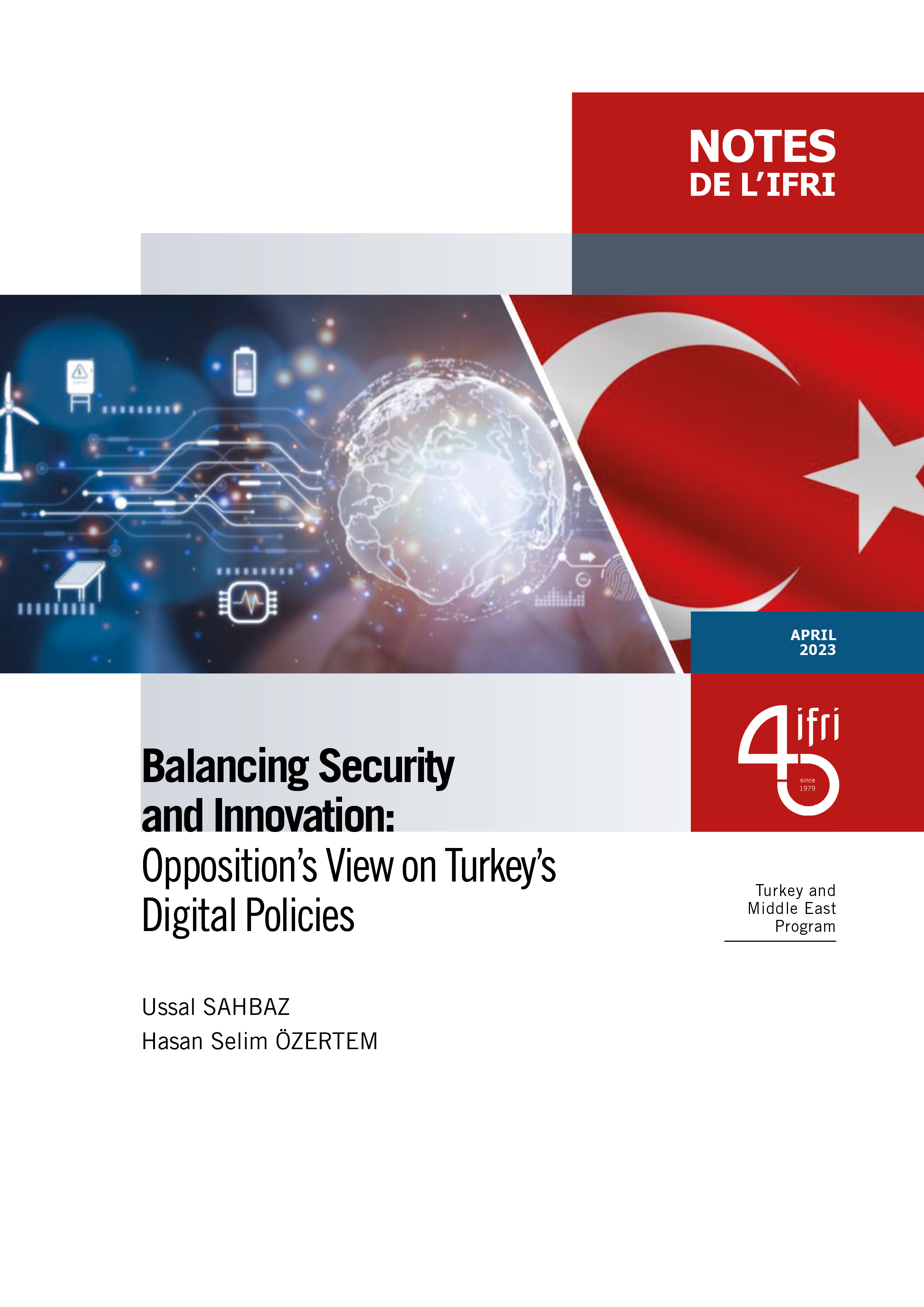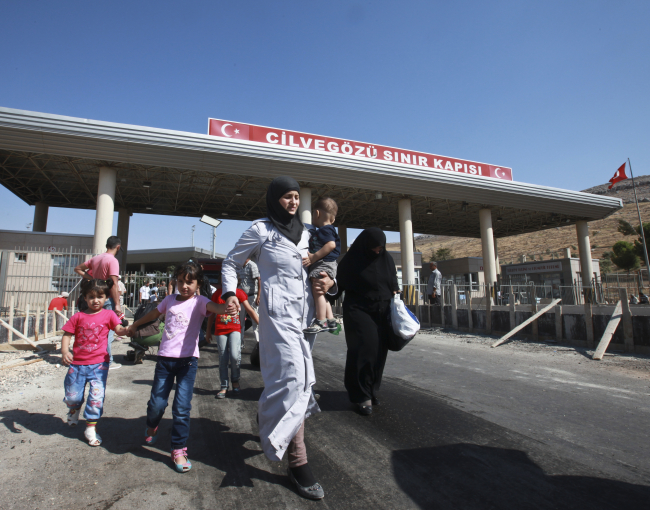Balancing Security and Innovation: Opposition's View on Turkey's Digital Policies

The upcoming presidential and parliamentary elections in Turkey on May 14, 2023, are expected to be closely contested. Polls suggest that the ruling AK Party-led People’s Alliance will lose its majority in parliament, resulting in a hung lower house.

This would create an opportunity for multiparty dialogue and temporary alliances on specific policy issues, leading to legislation that is the result of multiparty bargaining rather than the agenda of a dominant party. Against this backdrop, it is crucial to understand the Turkish opposition’s views on a variety of policy issues, with digital policies being a particularly underexplored one.
At the intersection of political, economic, and technological issues, digital policies are regulations that have to adapt to a rapidly changing landscape of technological advances on a global scale. Turkey, as a regional power and an upper-middle-income economy, has attempted to take advantage of technological innovations to further promote economic growth and national security purposes. However, the AK Party government's efforts have been met with skepticism from opposition groups as they have fallen short of protecting individual rights and freedoms online.
The study is organized into four sections, with an analysis of the political situation on the eve of the upcoming elections, a description of the technological ecosystem in Turkey, an analysis of the evolution of digital policies in Turkey under the AK Party’s successive governments, and a detailed overview of the main opposition parties' digital policy positions. This study thus provides insight into the future of digital policies in Turkey and the potential impact of the upcoming elections on this pivotal issue.

Available in:
Regions and themes
ISBN / ISSN
Share
Download the full analysis
This page contains only a summary of our work. If you would like to have access to all the information from our research on the subject, you can download the full version in PDF format.
Balancing Security and Innovation: Opposition's View on Turkey's Digital Policies
Related centers and programs
Discover our other research centers and programsFind out more
Discover all our analysesRussia, the Palestinians and Gaza: Adjustments after October 7th
The Soviet Union (USSR), and subsequently the Russian Federation as its internationally recognized legal successor, has consistently sought to play a visible role in efforts to resolve the Israeli-Palestinian conflict.
Canada’s Recognition of a Palestinian State: What Consequences on its Foreign Policy Toward Palestine?
On September 21, 2025, Canada became the 148th of 157 countries to recognize Palestine as a state. It did this with the United Kingdom (UK) and Australia, defying the United States (US) and Israeli opposition.
How to Jumpstart Economic Recovery in Syria? The role of syrian entrepreneurs in Turkey
This report examines the potential role of Syrian-partnered companies operating in Türkiye in supporting economic recovery and reconstruction efforts in Syria. Based on data collected through field research and surveys conducted by the Economic Policy Research Foundation of Türkiye (TEPAV), the report provides an overview of the business characteristics, sectoral distribution, and cross-border economic activities of Syrian entrepreneurs. The report explores how this business activity could contribute to restoring supply chains, stimulating local production, and generating employment.
Indonesia and the Palestinian Cause
During his inaugural presidential speech on October 20, 2024, Indonesia’s incumbent president, Prabowo Subianto, iterated certain principles central to the philosophical foundation of the Indonesian nation. He noted Indonesia’s longstanding foreign policy of non-alignment or “bebas dan aktif” (free and active) and its aversion to military pacts.










